It’s debated so often, psychologists should call it the Developer’s Dilemma: do I choose the stability and stagnation of a product-focused company, or the risk and variety of working for a services firm? There are only two options to choose and yet both feel like polar opposites. Oddly though, each answer somehow feels equally smart, equally stupid, and equally satisfying.
How can you possibly choose the “safe” option when there’s no right answer?
Unravel the Assumptions
Like most paradoxes, this one is based on faulty logic. Product company environments are not inherently safe, stable, or financially sound. They can be great, and many are. They also can be vision starved, cash-poor sweatshops. The point is, the product environment does not necessarily deliver stability. In some cases, it even erodes it.
“There’s this myth that if you work for a single-product company you’re safe, you’ll always have a job,” said Cristi Ilies, Team Manager at Small Footprint. “It’s nonsense. The only thing that’s predictable about a single-product environment is that you’ll be working on a single product. That’s it.” he said. Companies that focus on only one development area are no more immune to flawed business practices, market shifts, or unsustainable growth than any other type of company.
Similarly, the illusion that developers are guaranteed a cushy, heartache-free ride in a large company is no more accurate than the presumption that all small firms are doomed to fail. Jobs come and go. The most important element of a job opportunity is the opportunity for career growth. If your career has not kept pace, regardless of the profile of the company, you’re less safe than before you started. “There’s nothing safe about limiting your skillset.”
Tilt the Scales
The biggest flaw in this dilemma is the assumption that the options boil down to just the type of company — product or services. Nothing could be further from the case. The reality is, “You have to fit the team, not the product. Variety is meaningless if you’re not part of the culture,” said John Richardson, Product Manager at Small Footprint. “Creative problem solving, collaboration, leadership, fierce loyalty, integrity in the product, elegance in the code—these factors far outweigh what types or even how many projects you’ll encounter in a given timeline.”
The same bias applies to questions of career growth, company mindset, professional opportunity, all of which contribute their own unique, unequal value, both actual and perceived. That value isn’t fixed. It changes over time, along with your needs, goals and experience. Taking these into consideration tips the balance so clearly to one side or the other, even two identical salaries are no longer, technically, worth the same amount.
Life is Not Binary
The final clue to solving this paradox is baked into the question itself. Think for a moment. There are two categories to choose from: single-product (or corporate) development or multi-product (services) development. But they’re not binary. One is a subset of the other. Developers who choose a services company with multiple products/customers actually have the opportunity to work in both paradigms.
Suddenly, the Developer’s Dilemma doesn’t seem like a dilemma at all.
This article was originally published on smallfootprint.com.
